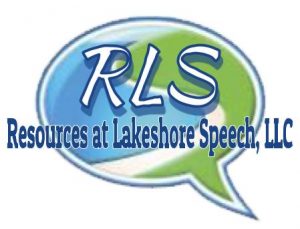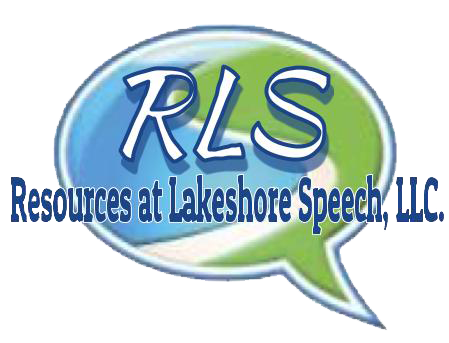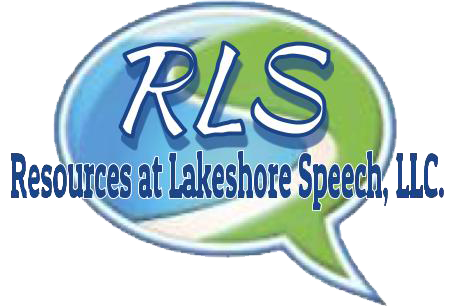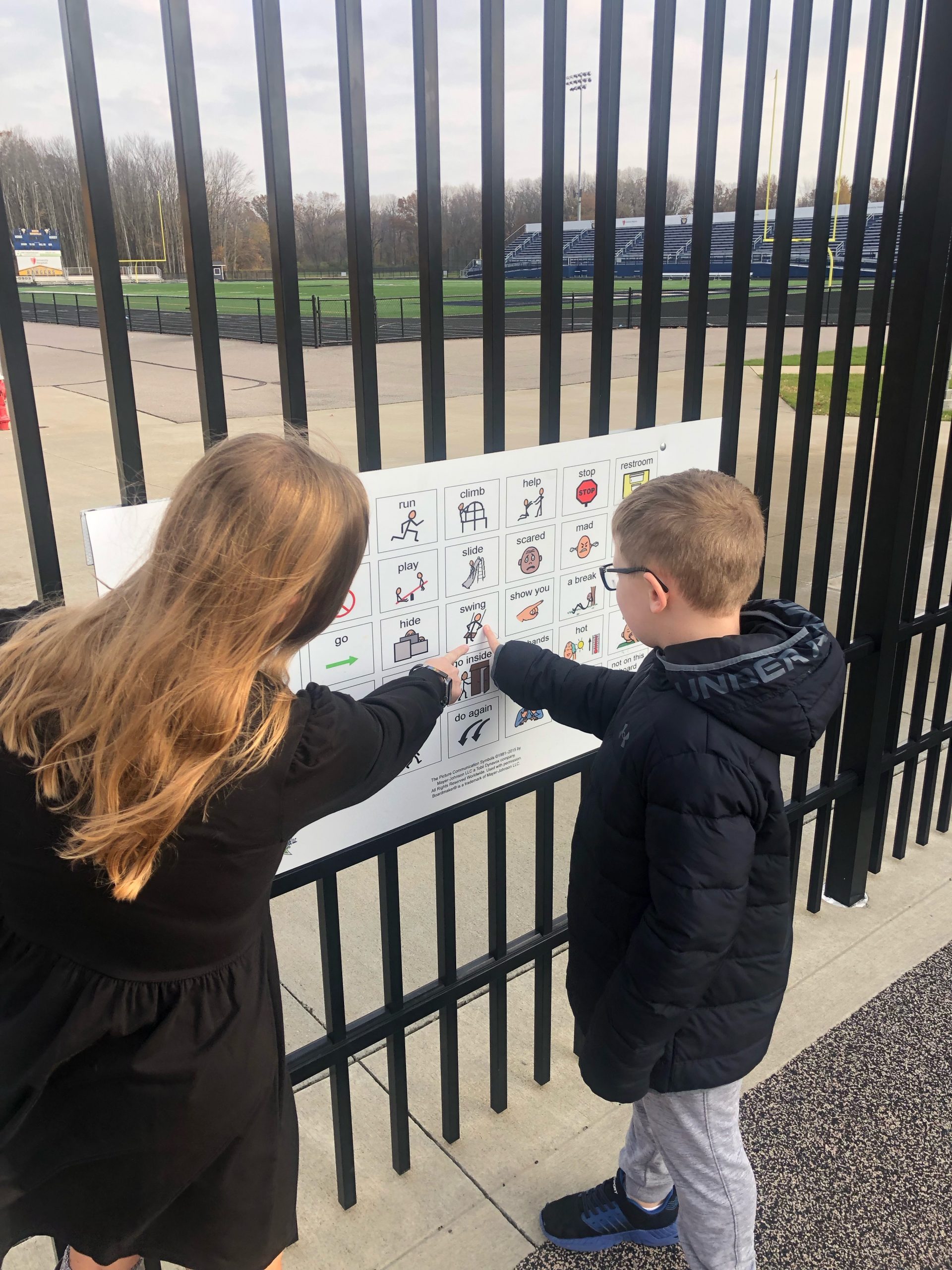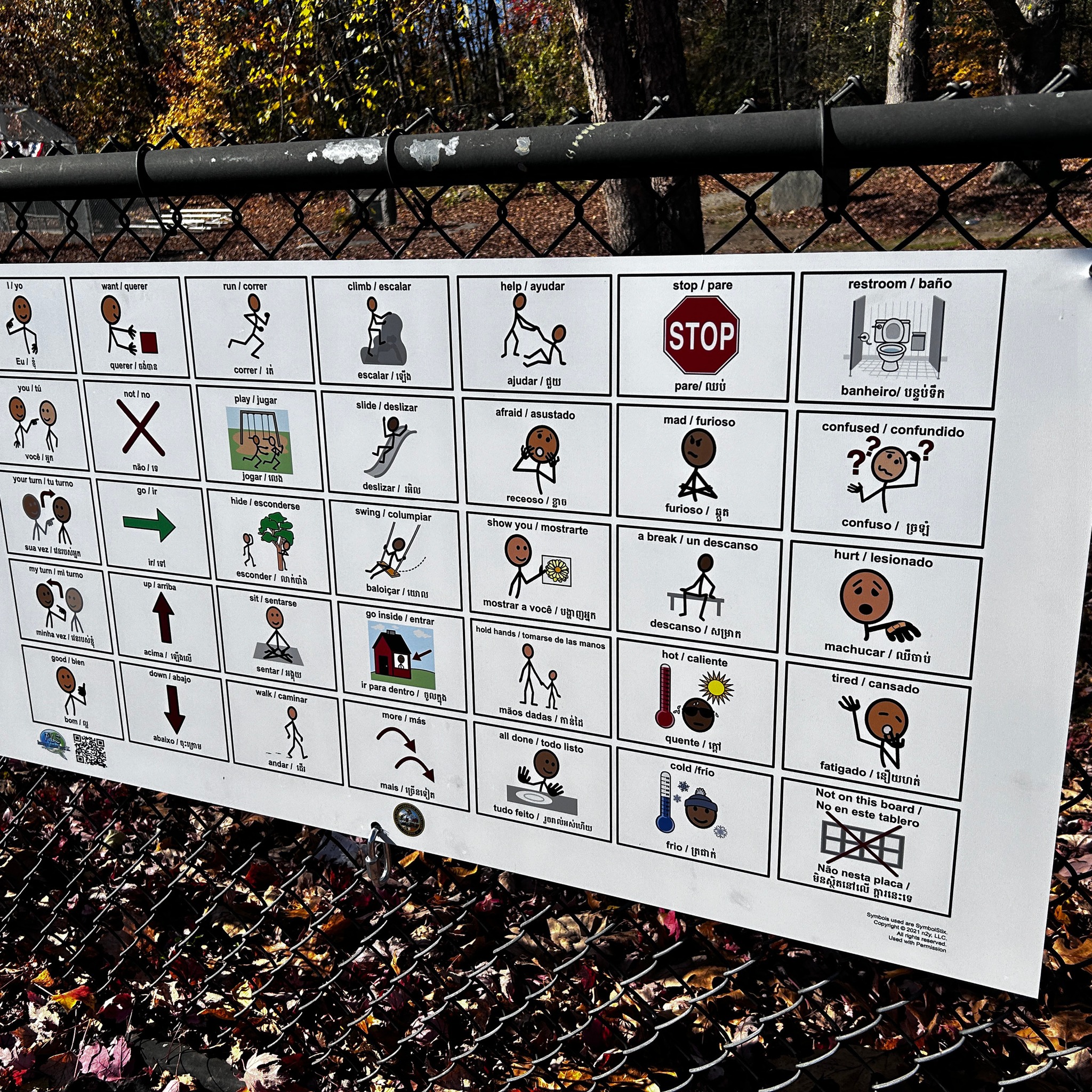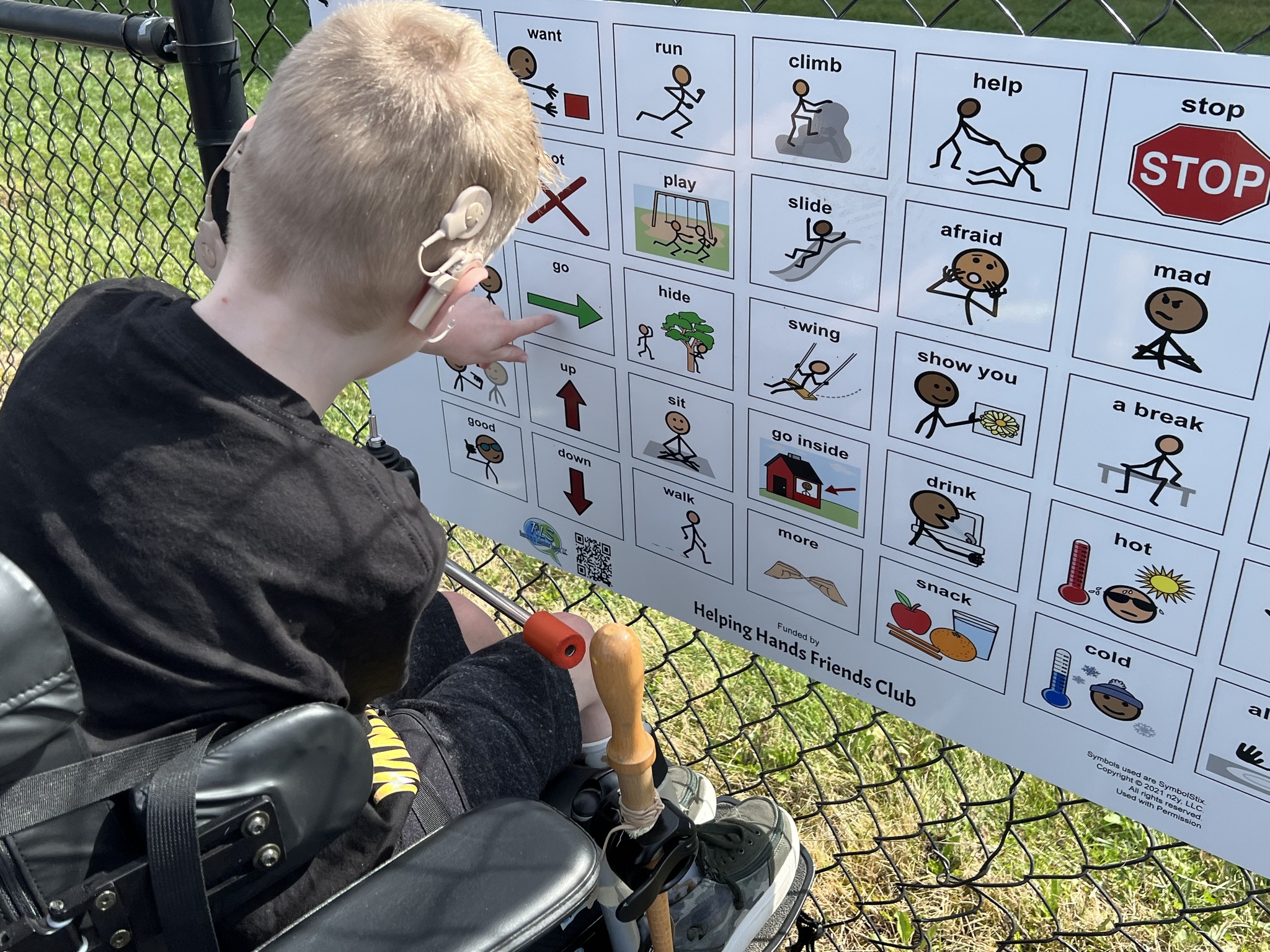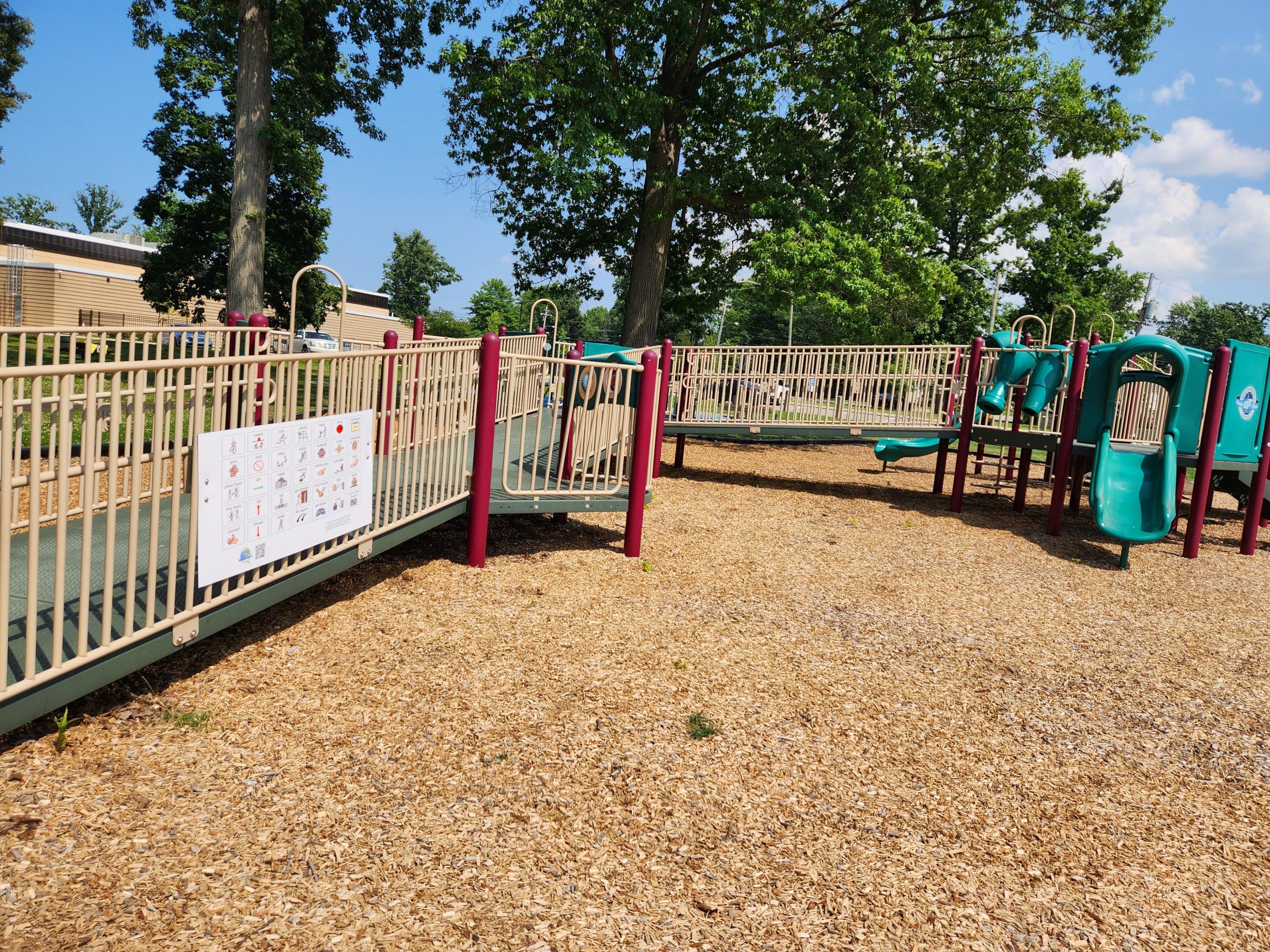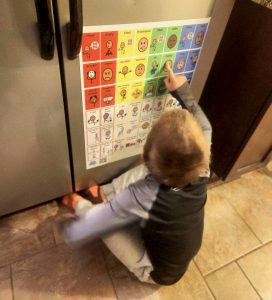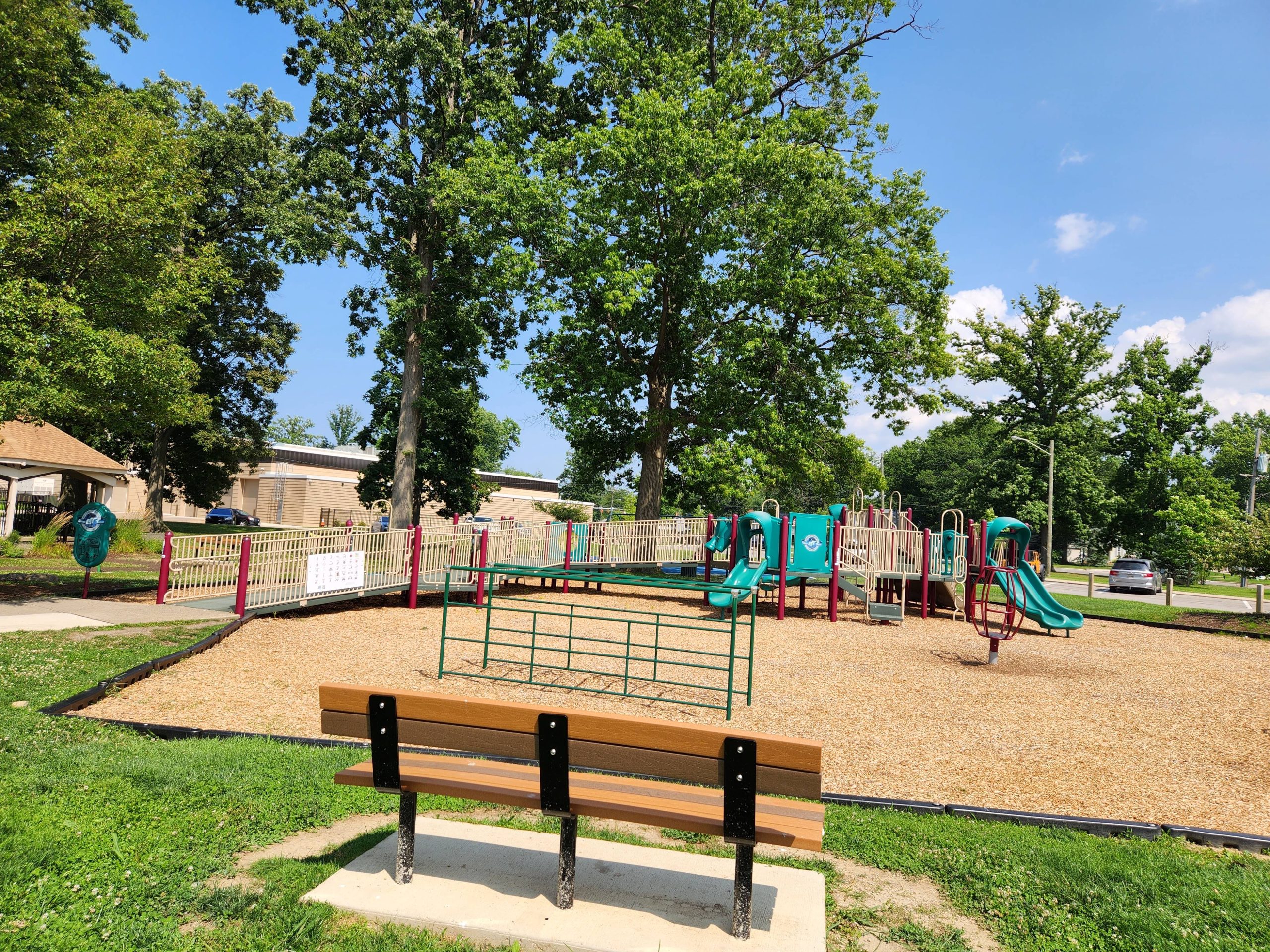Effective communication is essential for connecting with others, sharing ideas, and building relationships. For individuals using speech-generated devices (SGDs) or communication boards, interaction can be a bit different.
Continue readingRevealing The Impact Of Communication Boards In Lowell, MA
July marks Parks and Recreation Month, a time to celebrate the vibrant public spaces. We turn our focus on Lowell, Massachusetts, where an innovative approach to inclusivity has made a significant positive impact on the community.
Continue readingHow To Create Genuine Connections:Powerful Impact of Communication Boards
Playground communication boards have emerged as a powerful solution to bridge the gap and facilitate meaningful relationships, especially for individuals with communication challenges.
Continue readingHow To Increase ADA Compliance: Communication Boards
In the realm of ADA compliance for playgrounds, it’s crucial to prioritize communication boards alongside physical accessibility. While physical access is essential, integrating communication boards significantly enhances playground inclusivity for individuals with disabilities.
Continue readingGestalt Language Processing: A Guide for Better Understanding
Gestalt Language Processing (GLP) is talked about a lot recently regarding a child’s language development. Today we are looking at GLP and making more sense of it for families.
Continue readingHow To Help Navigate Emotions: Emotional Balance Communication Boards
How To Practice Speech Therapy Skills : 10 Easy Springtime Activities
Spring is the perfect time to engage in fun and interactive activities that promote speech and language development with your child.
Continue readingHow To Look at Access: Increase Playground Accessibility For Everyone
Access to playgrounds in more than physical. This week’s blog focuses on access for everyone.
Continue readingDaylight Saving Time: How to Helping Children Adjust
Tips to help children adjust to the time change.
Continue readingSpeech Therapy: How To Get Caregivers And Grandparents Involved
Speech therapy is not just about what happens in the therapy room—it’s also about practicing skills at home. Involving caregivers and grandparents in home carryover can greatly increase a child’s progress.
Continue reading